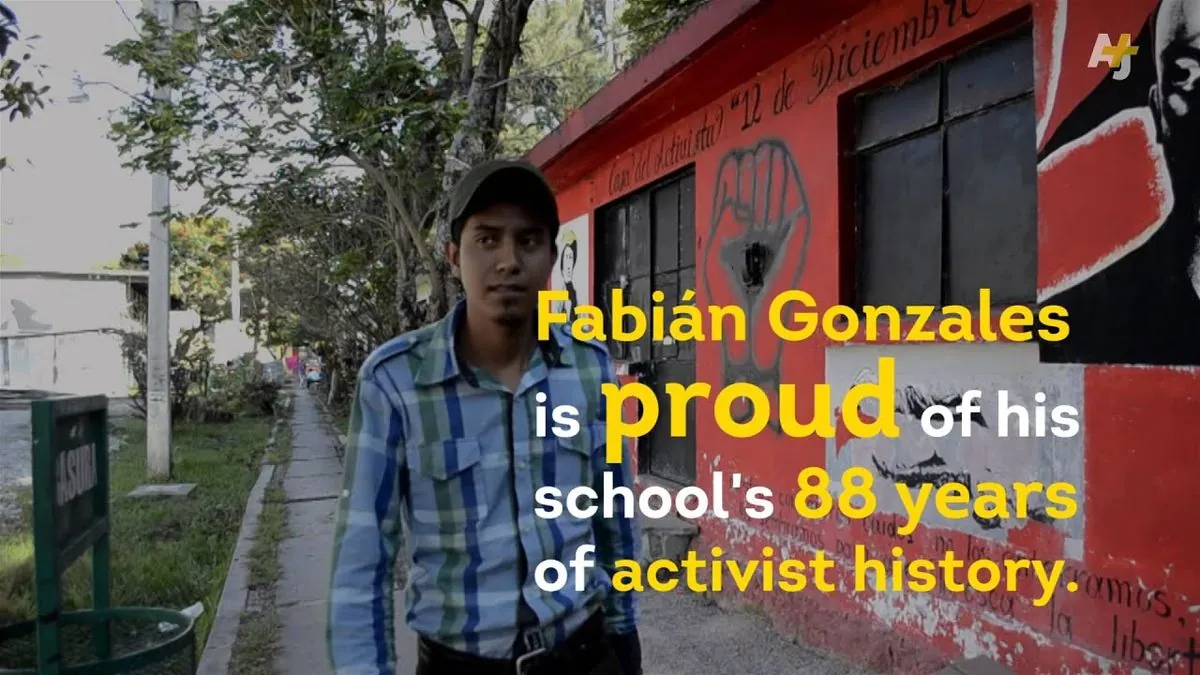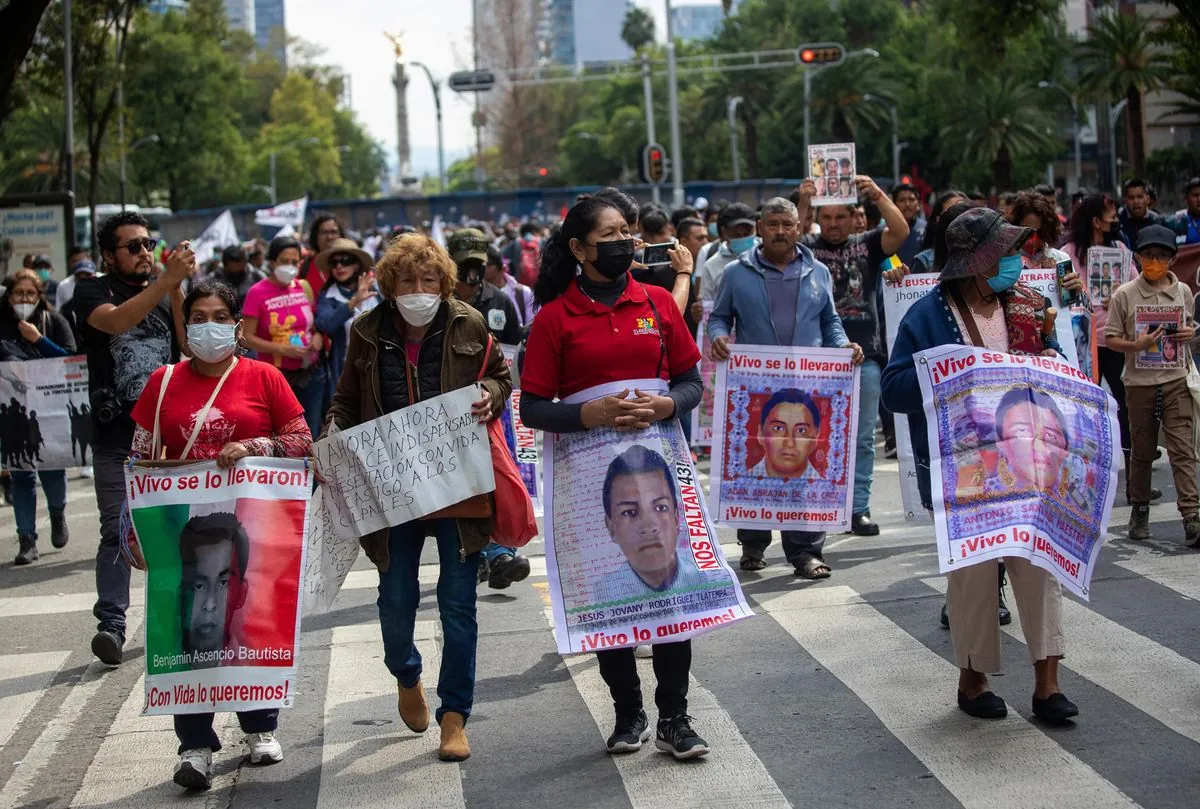A Decade of Anguish: The Unresolved Ayotzinapa Student Disappearances
Ten years after 43 Mexican students vanished in Iguala, survivor Ulises Martínez recounts the harrowing night. The case remains unsolved, symbolizing Mexico's struggle with human rights and justice.

Ten years have passed since the tragic disappearance of 43 students from the Rural Normal School at Ayotzinapa in Iguala, Mexico. This incident, which occurred on September 26, 2014, continues to haunt the nation and serves as a stark reminder of the ongoing struggle for justice and human rights in the country.
Ulises Martínez, a survivor of that fateful night, recently shared his recollections of the events that unfolded. His account provides a chilling timeline of the students' ordeal, which began when they commandeered buses to attend a commemoration in Mexico City for the 1968 student protest massacre.
The Rural Normal School at Ayotzinapa, located approximately 120 kilometers south of Iguala in the state of Guerrero, is renowned for its social justice activism. This characteristic has made it a target for various forces opposed to its ideals.

According to Martínez, the night started with reports of trouble in Iguala. As students from Ayotzinapa headed towards the city, they encountered armed men blocking the road. This ominous sign foreshadowed the violence to come.
Upon reaching Iguala, Martínez and his companions discovered buses riddled with bullet holes and bloodstains. The situation quickly escalated, with gunfire erupting during an impromptu press conference. In the chaos that ensued, students were shot, some fatally.
"It looked really bad. We were waiting for authorities, but no one arrived."
The students' attempts to seek help were met with indifference or hostility. Even at a local clinic, wounded students were denied treatment. The involvement of various armed groups, including soldiers and police, added to the confusion and terror of the night.
This incident has since become one of Mexico's most significant human rights cases, drawing international attention and criticism. The government's investigation has been marred by inconsistencies, leading to involvement from international experts and ongoing demands for truth and justice.
The Ayotzinapa case has exposed deep-rooted issues of corruption and impunity in Mexico. It has strained relations between the government and human rights organizations, sparking protests and social movements across the country.
As the tenth anniversary approaches, the case remains largely unresolved. While some arrests have been made and fragments of remains identified through DNA testing, the full truth about what happened to the 43 students continues to elude their families and the nation.
The Rural Normal Schools in Mexico, with their history of leftist activism, continue to play a significant role in the country's social and political landscape. The Ayotzinapa case has become a symbol of the broader struggles faced by marginalized communities and activists in Mexico.
As Martínez and others continue their fight for answers, the Ayotzinapa case serves as a somber reminder of the ongoing challenges in achieving justice and protecting human rights in Mexico. The unresolved nature of this tragedy continues to cast a long shadow over the nation's conscience, demanding resolution and reform.


































